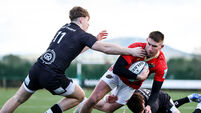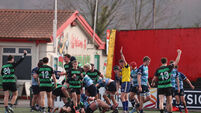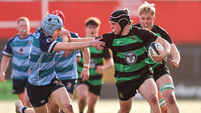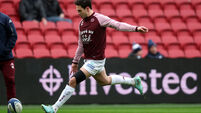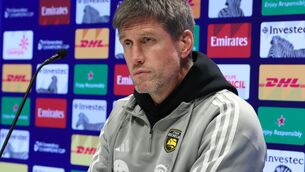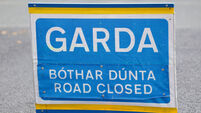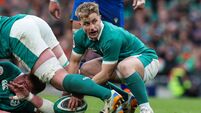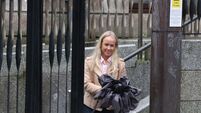Munster CEO defends recruitment and travel policies after Conor Murray criticism
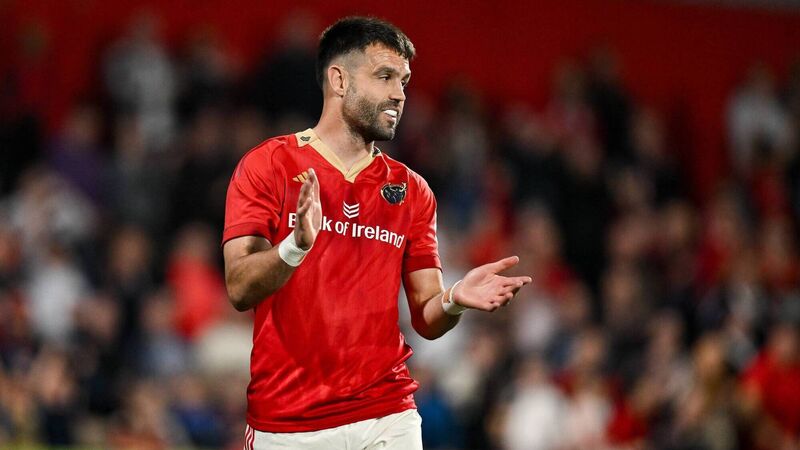
In his recently published autobiography, Conor Murray accused Munster of cutting corners on spending, making poor signings, and suffering from excessive head coach turnover. Pic: Brendan Moran/Sportsfile
Munster Rugby boss Ian Flanagan has refuted claims made in Conor Murray’s autobiography that his organisation has been guilty of penny pinching on team travel, “dud” signings and disruptive coaching “churn”.
Ireland scrum-half legend Murray, who retired last month after 15 years as a Munster player wrote in his recently published of his frustration that the team he represented 206 times failed to continue the success of the Heineken Cup-winning heroes of 2006 and 2008.




